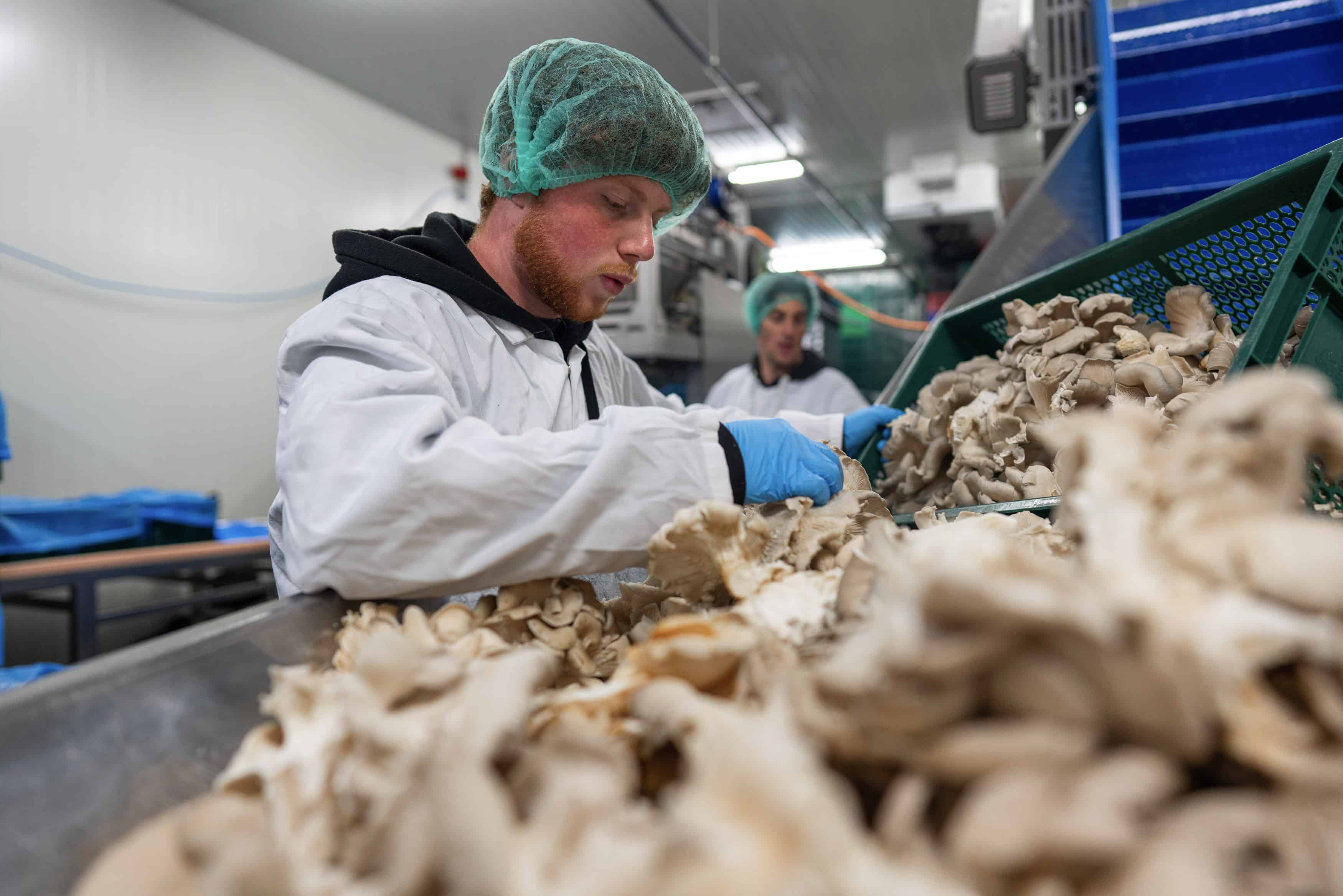
(the author is startup officer for the city of Eindhoven)
It seems almost every global city nowadays dubs itself as a startup hub. The big question is, how do you still stand out from the crowd? Here’s why deep tech is the way to go for the Dutch city of Eindhoven.
Deep tech? Isn’t that just another buzzword? No, it’s not. Not if you dig deeper (*ba dum tss*) into its definition. Let’s start with Wikipedia’s definition:
Deep tech, or deep technology, refers to:
- Tech startups that are based on substantial scientific advances and engineering innovation (i.e. high tech).
- They often require long term, large investments, substantial research, and can take longer to yield commercial success (if successful).
- Because of this, they tend to be much harder for competitors to replicate.
This is where you’re asking, “Isn’t that the same as high tech?” Mostly, yes. Yet, ‘high tech’ is often solely associated with microelectronics. The connotation with ‘deep tech’ is different, mainly representing startups in combination with a new wave of key enabling technologies like Artificial Intelligence, nanotechnology and photonics.
Read also: Eindhoven to host European deep tech event
Moreover, the global startup scene is starting to adopt the concept of deep tech as mainstream lingo. It goes without saying that adapting to the most frequently used terminology will be more effective in terms of visibility and reach, right?
Deep tech vs. tech-enabled
So, we’ve sorted out the meaning of ‘deep tech’. Before moving on to why it’s a fit with Eindhoven, let’s talk a little more about the contrast with your average tech startup.
“Most startups these days” – I’m quoting deep tech ‘evangelist’ Swati Chaturvedi here – “are built on business model innovation or offline to online business model transition using existing technology”. Examples include basic mobile apps, online platforms, and e-commerce services. Take Airbnb as an example. This technology company is built on the concept of ‘sharing economy’ – a relatively new type of business model.
In other words, digital technology has become the new normal for startups. It’s no wonder the need has appeared to distinguish between startups that use technology that is commonly available and startups that create new technology with the potential to drastically impact our society. The latter being exactly what Eindhoven is differentiating from many other Startup Cities.
Cherishing a deep tech-friendly setting
Sure, Eindhoven isn’t as sexy as London, Barcelona or Tel Aviv. In terms of startup numbers and investments, we don’t even come close to winning that game. Yet this doesn’t seem to be an issue in the case of Eindhoven.
Thanks to a one-of-a-kind, knowledge-centred environment, the city harbours the perfect conditions for new ventures in deep tech. One of the main drivers creating this unique setting is the Eindhoven University of Technology. For instance, this top-tier institute is a worldwide champion when it comes to pumping out new ideas together with industry.
“Leveraging its unfair advantage should be a no-brainer for Brainport Eindhoven. Let’s start by claiming the position of Deep Tech Hub of Western Europe.”
Not to mention the nearby presence of high-tech manufacturing companies – like Philips and ASML – boosting patent output. Or the R&D activities of innovation centres like TNO or Holst Centre. As a result of this strong research focus, Eindhoven is accounting for more than a third of the number of patent applications in the Netherlands.
Ahead of the game
Of course, a high number of innovations in a common geographic area doesn’t say anything about building impactful businesses. Bringing scientific discoveries from lab to market is extremely challenging. But things are changing for the better in Eindhoven. More and more participants in our startup community add value by focusing on viable commercialisation of deep tech, with startup accelerator HighTechXL being a prime example.
Fact is that deep tech startups require a different playbook due to its nascent systems and complexity. It’s difficult to find investors that really understand the innovative technology that the startup offers. Fortunately, investors are shifting their focus – evidenced by an estimated €3.5 billion worth of investments into European deep tech companies.
The particular aspects of Eindhoven put the city ahead of the game when it comes to deep tech. Leveraging it as a real unfair advantage should be a no-brainer for Brainport Eindhoven. Let’s start by claiming the position of Deep Tech Hub of Western Europe.






